Libyan Red Crescent: Flooding death toll tops 11,000, another 10,000 missing
The death toll from devastating floods in eastern Libya has reached 11,000, the Libyan Red Crescent says, with thousands reportedly still missing, as search and rescue teams continue.
According to the center, at least 11,300 people have lost their lives and another 10,100 are missing, after Mediterranean Storm Daniel hit the North African country earlier in the week.
The northeastern city of Derna is the worst affected, where heavy rainfall led to the collapse of two dams, wiping out a quarter of the area and sweeping bodies out to sea.
According to local officials, the port city has been declared a disaster zone, with electricity and communication having been cut off.
Talal Burnaz, the acting country director in Libya for the International Medical Corps, said the situation in Derna is “devastating” and people are returning to what is left of their homes in desperation.
"The situation is devastating ... a lot of destruction and ruins, around 25% of the city was basically destroyed as a result of the flooding," Burnaz said.
"Whenever you see a search and rescue team you will see families standing there with tears in their eyes asking for support and hoping that they will basically find one of their family members alive," he added.
Burnaz said rescue teams are still pulling people out of the rubble. He saw one rescue and heard of four more survivors who had been trapped under rubble since the early hours of Monday when he visited the last remaining government run hospital in Derna.
Many international search and rescue teams and local authorities are trying to retrieve either bodies or trying to find survivors under the rubble, and some help is getting through the one road that leads to the devastated areas.
Those who have lost their homes are being housed in municipal building like schools and universities, with authorities saying the amount of destruction is massive.
Doctors Without Borders says it has dispatched an emergency team to Derna to assess the needs in the aftermath of the widespread flooding.
Oil-rich Libya is still suffering from years of war and chaos that followed the 2011 uprising which toppled and killed longtime dictator Muammar Gaddafi before foreign meddling especially by NATO plunged the country into bloodshed.
The country is divided between two rival governments -- the UN-brokered, internationally-recognized administration based in Tripoli, and a separate administration in the disaster-hit east.
The United Nations and several countries have offered to send aid, but getting supplies into the affected areas has proven difficult with many roads blocked and bridges destroyed.
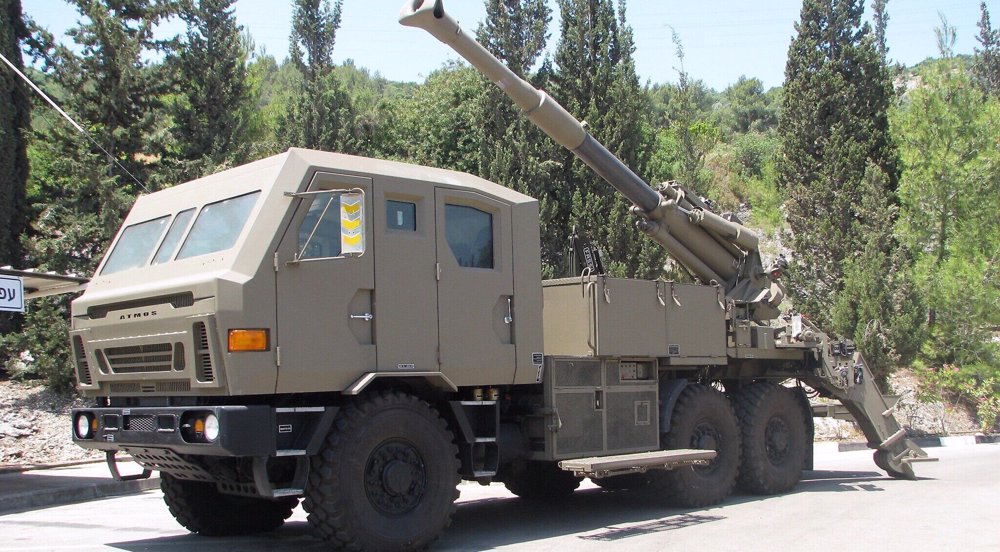
Morocco signs deal with notorious Israel’s Elbit to buy ‘battle-tested’ arms: Report

Protests in Morocco as US-flagged ship carrying arms to Tel Aviv docks at Tangier

Tunisia votes with Saied set for re-election
Israel escalates West Bank raids as official says regime seeking to complete Gaza genocide
Australian senator smeared by anti-Iran groups for saying Iranian women 'have a voice'
Palestinian man dies in Israeli prison as Foreign Ministry urges intl. probe into regime’s crimes
Putin says not opposed to Europeans’ involvement in Ukraine talks
VIDEO | Iranian Kurdish protesters demand European action against PKK, PJAK terror
VIDEO | Israel expands offensive in northern West Bank, deploys tanks to Jenin
VIDEO | Spaniards fill streets of Cádiz in solidarity with Palestine
VIDEO | ‘Genocidal war left al-Shati camp in ruins’


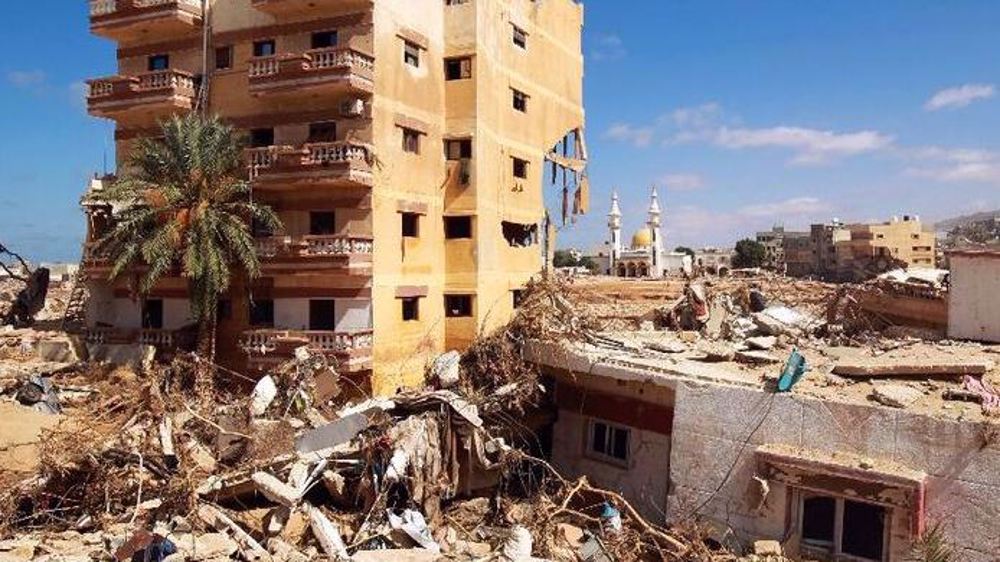
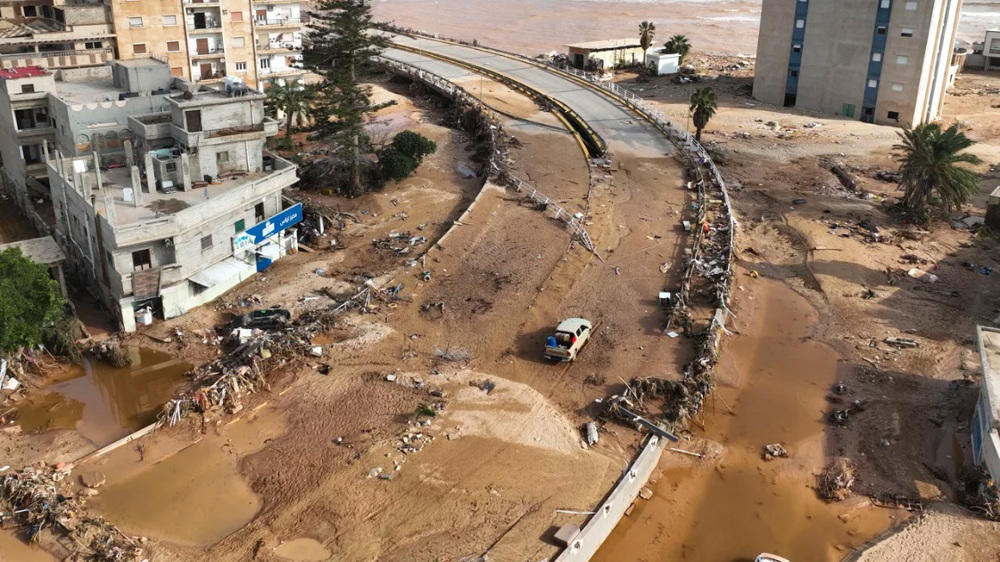



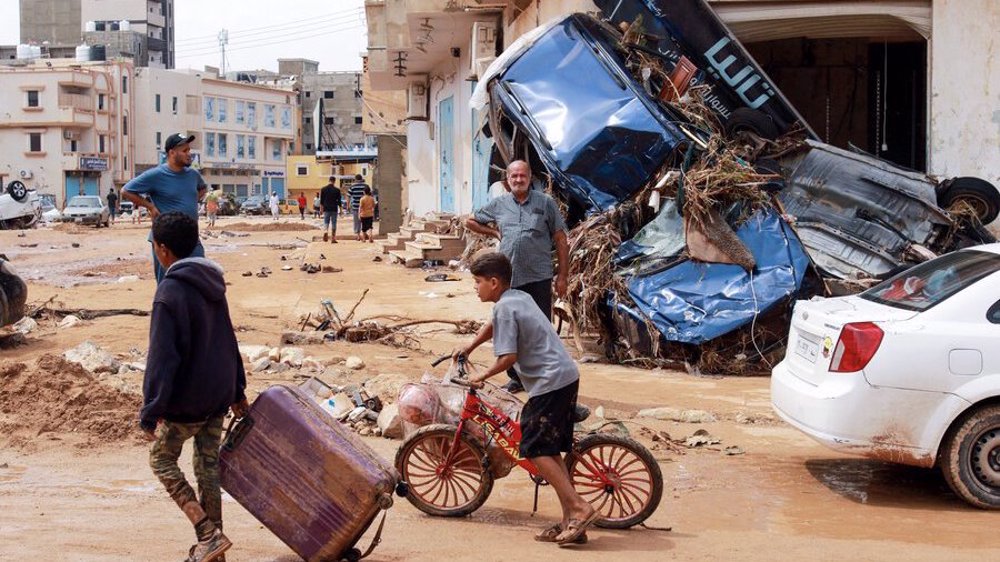
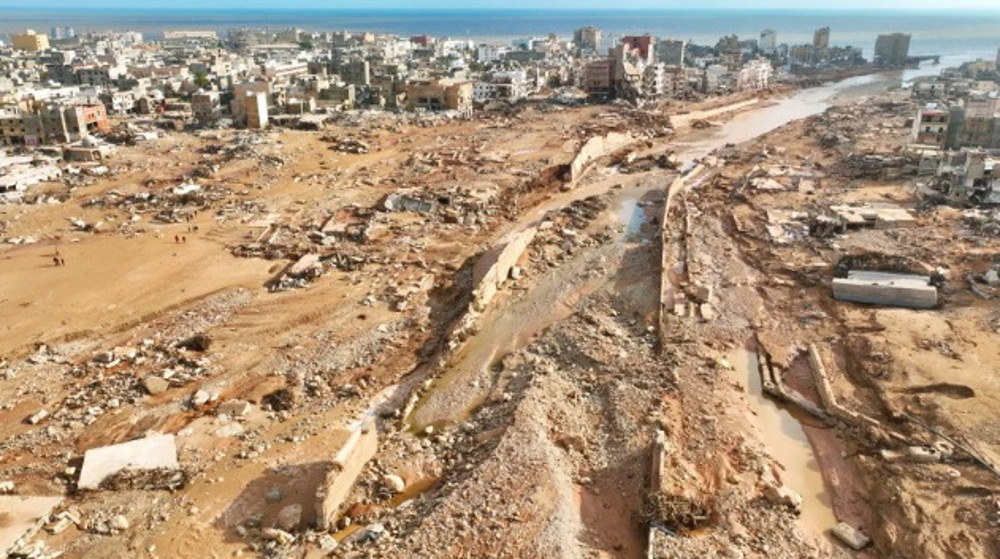
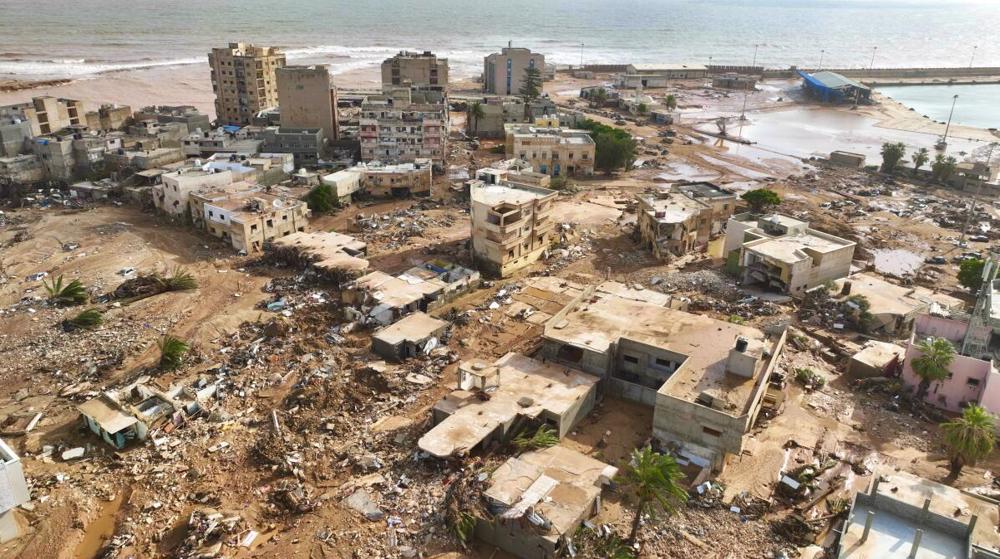

 This makes it easy to access the Press TV website
This makes it easy to access the Press TV website